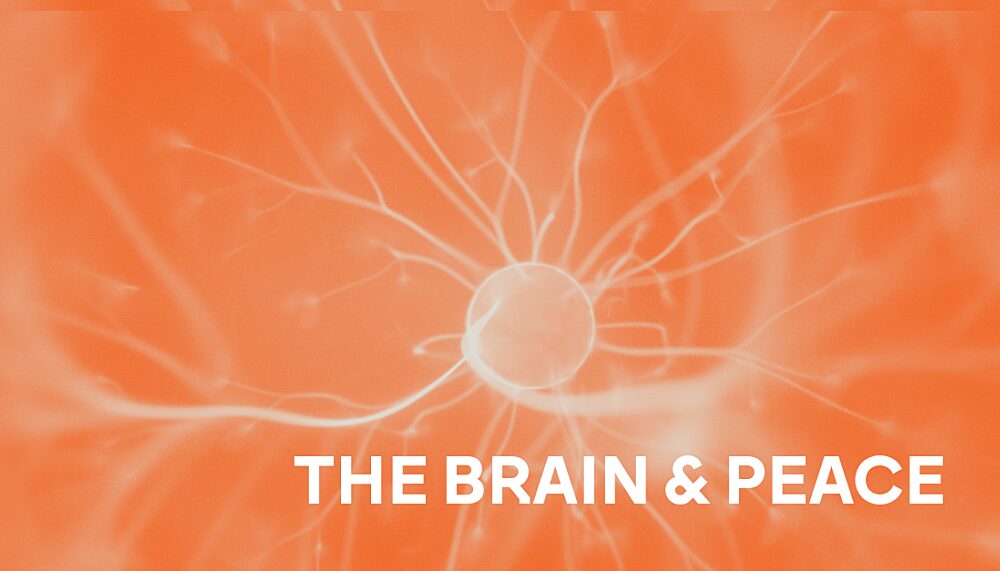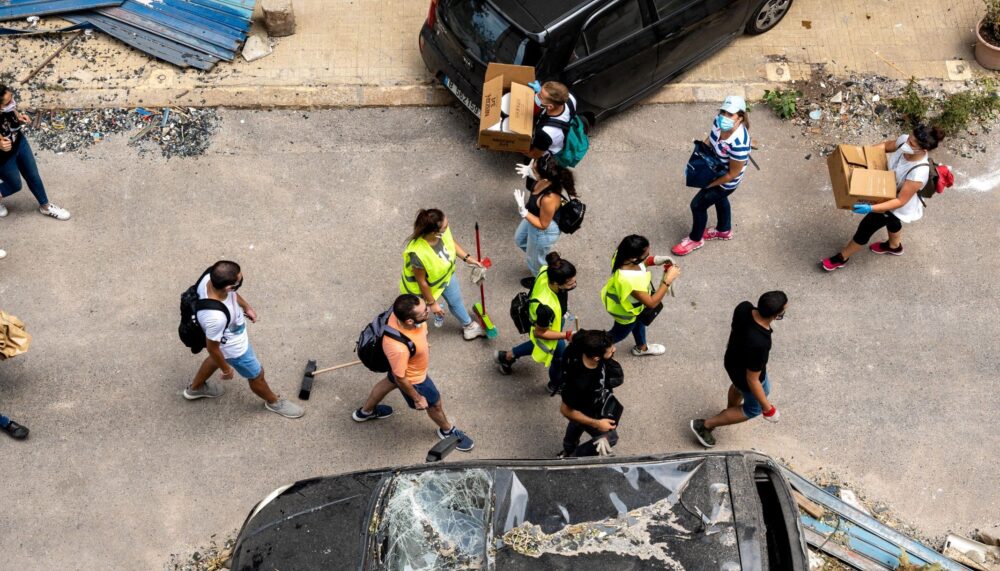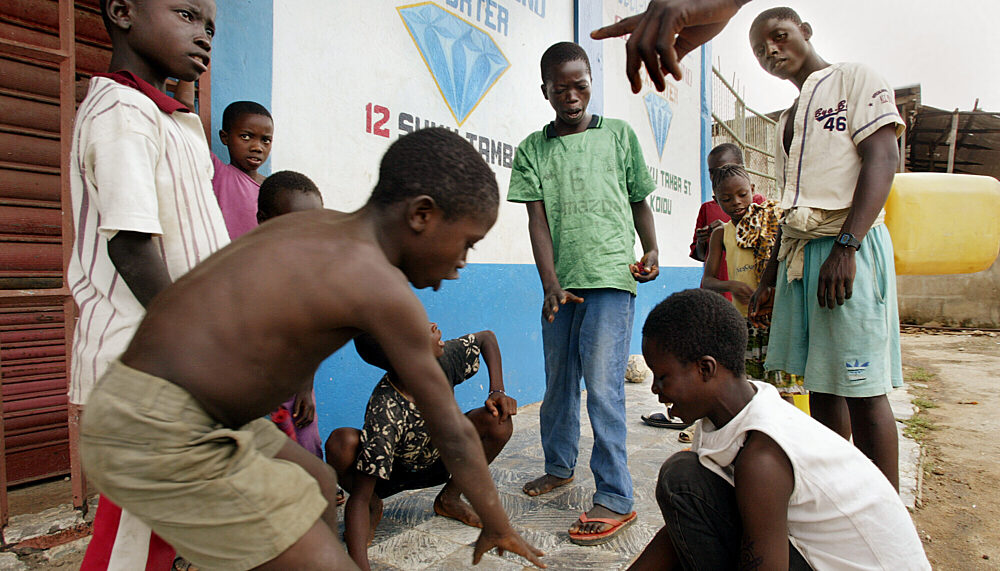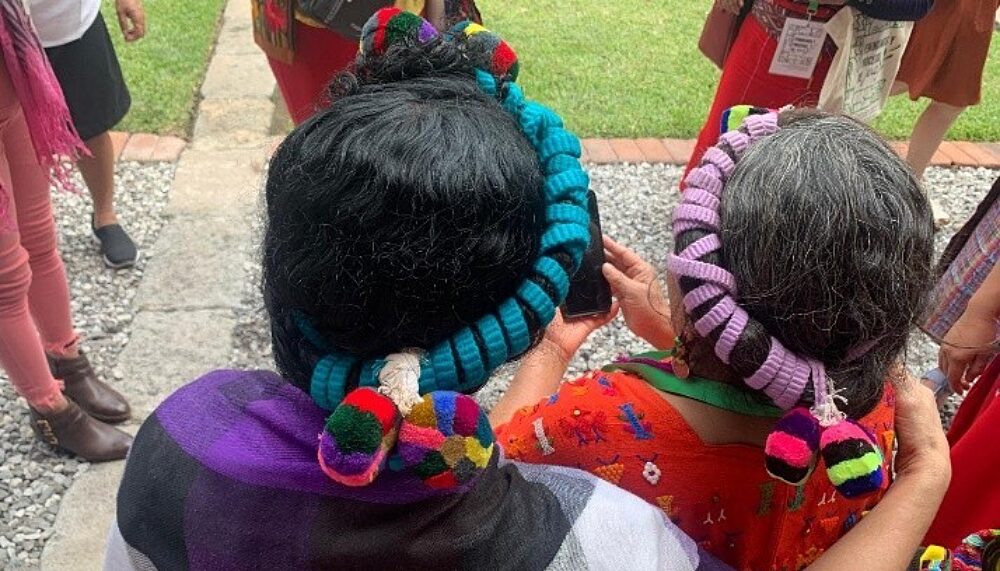EVENT
Video: The brain and peace
How can insights from neuroscience advance peacebuilding?

Watch our event to discover how insights from neuroscience can advance peacebuilding.
How does the brain really work? And can a better understanding of it help eludicate the causes of war and inform how we foster peace?
It’s people – not robots – behind decision-making processes; yet the role of emotions, experience and identity have long been overlooked. This event asked what becomes possible when peace processes call for a radical reflection of the self before the other, disrupt the notion of “rational” actors, and are designed to consider disparities between those who have experienced violence, benefitted from power, and face uncertain futures.
Our experiences become wired; and are all wired differently. Neuroimaging now exposes the inner workings of the brain like never before, and peacebuilders are paying attention. To start bridging disciplines, we have pulled together a range of researchers, practitioners, and experts. Together, we discussed how integrating neuroscience into the design of peacebuilding interventions can make them more inclusive - and what kind of world becomes possible when we do.
Watch the video to find out more.
The brain and peace
How can insights from neuroscience advance peacebuilding?
18 January 2024
14:00 - 15:30 CET (ics, ical)
Online event via Zoom.
This event was held in English.
Opening remarks by Andrew Gilmour, Executive Director, Berghof Foundation
Speakers:
- Timothy Phillips, Founder and CEO, Beyond Conflict
- Michael Niconchuk, Program Lead, Wend Collective
- Univ. Prof. Dr. rer. nat. Veronika Engert, Professor for Social Neuroscience, Institute of Psychosocial Medicine, Psychotherapy, and Psycho-Oncology, University Hospital Jena
- Dr. Nafees Hamid, Research and Policy Director for XCEPT at the Department of War Studies, King's College London
- Colette Rausch, Co-Executive Director of the Think Peace Learning and Support Hub and Research Professor at the Mary Hoch Center for Reconciliation, George Mason University
Moderated by Dr. Carla Schraml, Advisor Mediation and Negotiation Support, Berghof Foundation.
Media contact
You can reach the press team at:
+49 (0) 177 7052758
email hidden; JavaScript is required


